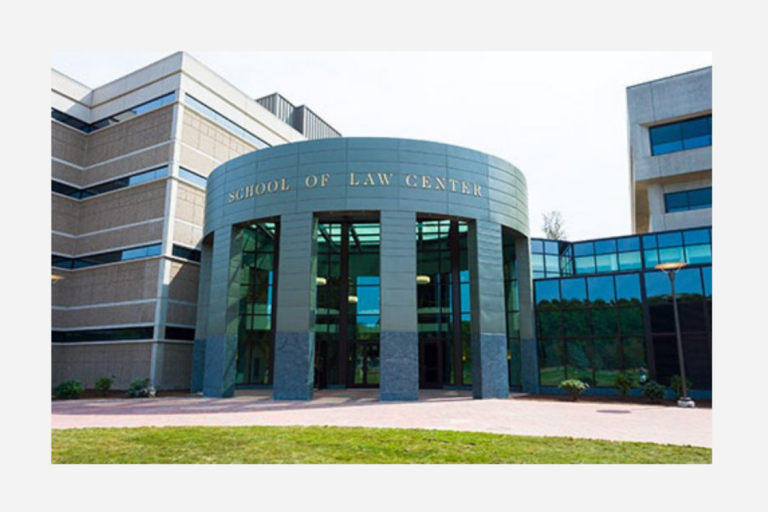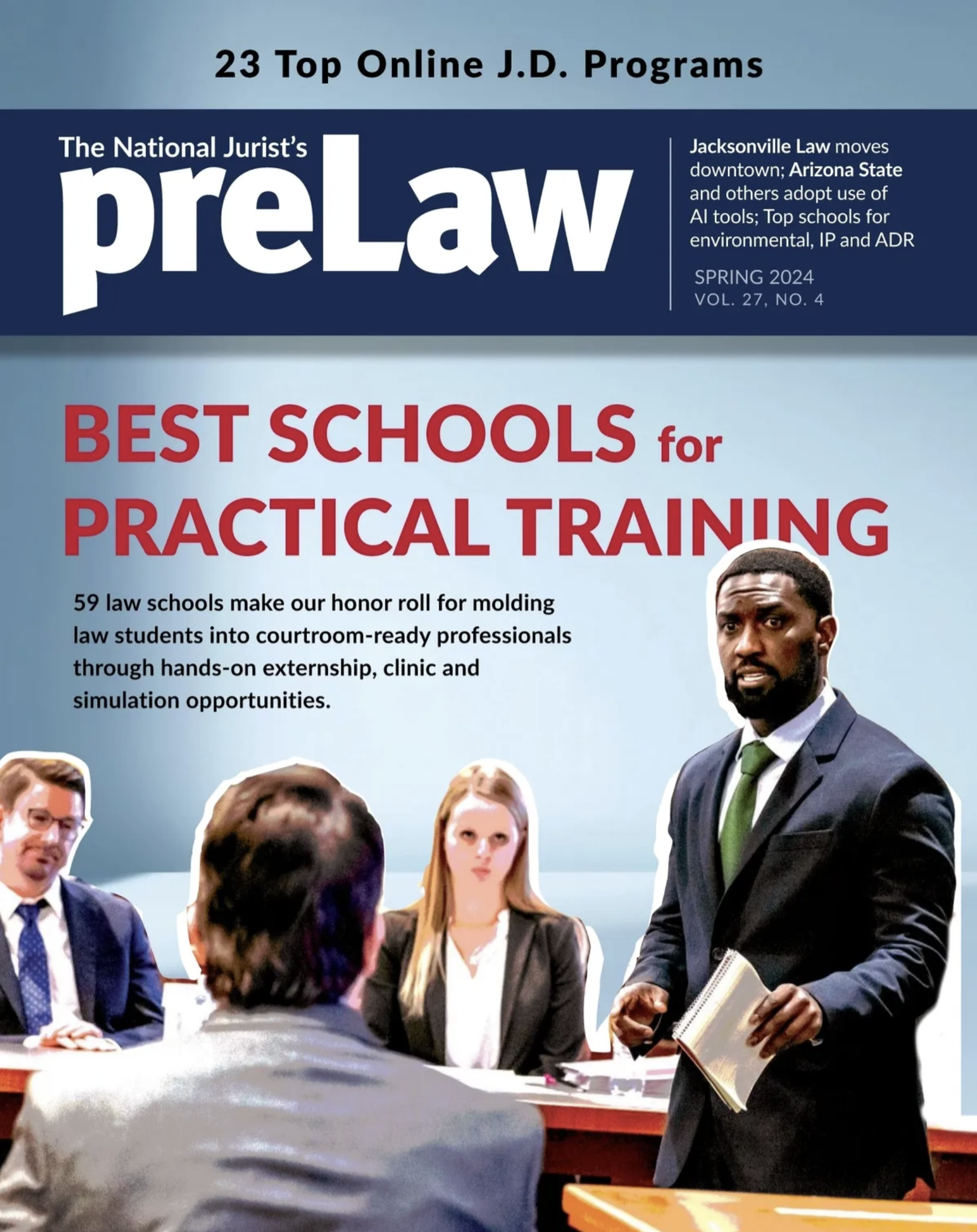Over the fifteen years that I’ve done pre-law advising, for hundreds of applicants, the same questions often come up. Most likely, they may be your questions too. Here are a few of your law school admission questions answered:
- Is there merit scholarship aid available for law school? I hear conflicting reports. Some say it’s available; others say it is scarce.
Yes, there is merit aid available for law school. I have seen many law school applicants go to law school with full tuition scholarships. Many others have been offered partial merit scholarships. These scholarships are based mainly on your GPA and LSAT score. If they are both well above the medians for that law schools requirements, you may be offered a partial or full merit scholarship. How do you find out if you are above their medians? Check each law school’s website, or look at the online LSAC Official Guide to ABA-approved Law Schools: https://officialguide.lsac.org/release/OfficialGuide_Default.aspx. It has a GPA/LSAT score chart, with admissions data.
- When should I submit my applications to law school? Rolling Admissions is confusing.
You should not wait until the deadline to apply. Unlike most colleges, law schools have rolling admissions. They open up their applications in September and the final deadline may not be until March, April, or later. The later you apply in the rolling admissions cycle, the harder it may be to get admitted. Also the available pool of funds for merit scholarships may dwindle. So I advise applicants to try to get their applications in by Thanksgiving. That means that you would need to have your test scores available by then, so plan your law school LSAT or GRE studying accordingly.
- I had one bad semester in college. My GPA is lower as a result. Will this hurt me? How should I explain it?
Often I have had students who switched out of pre-med, and had lower grades in the earlier years, or students who were sick or had surgery one semester. Their GPA suffered, which affected their final cumulative GPA. Upward trends in grades always look good, but you can also write an addendum to explain the circumstances. An addendum is an optional short extra essay you can include with your law school applications—it should just be a few paragraphs, short and to the point. In it you would explain the semester, and try to end on a positive note, showing how your grades subsequently improved.
- Should I go to law school in the state I want to live in after law school? Or can I live in another part of the country and then return home?
You can go to law school in any part of the country, but it may be easier if you stick to the region you think you want to live in after law school. Unlike college, where it might have been fun to go to NYC, and then return to your hometown in California, in law school the externship and networking opportunities, and post grad job listings are often regional. It might be easier for you to find a job when you graduate from law school if you are already located there. However, if you are willing to do more networking on your own to make connections, you could go to law school in one state and then move to another after graduation. To find the top three states recent graduates are working in from a particular law school, check out the ABA 509 Employment Summary Reports online.
Hillary Mantis consults with pre-law students, law students and lawyers. She is Assistant Dean of the Pre-law Advising Program at Fordham University, and author of career books, including Alternative Careers for Lawyers. You can reach her at altcareer@aol.com.







